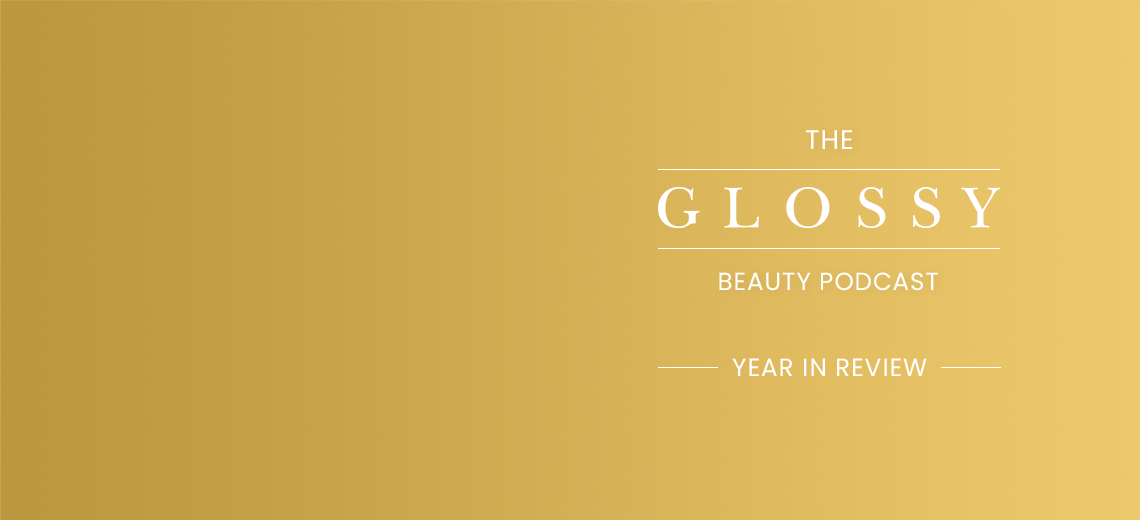This is an episode of the Glossy Beauty Podcast, which features candid conversations about how today’s trends are shaping the future of the beauty and wellness industries. More from the series →
Subscribe: Apple Podcasts • Spotify
It’s that time of year again. To wrap up 2022 on the Glossy Beauty Podcast, West Coast correspondent Liz Flora (yours truly), beauty and wellness editor Emma Sandler, and senior reporter Sara Spruch-Feiner sat down from New York and Los Angeles to have a Zoom chat about the biggest beauty industry trends of the year.
The power of short video for beauty was more obvious than ever this year, thanks to not only the impact of viral TikTok trends driving sales spikes for brands, but also to an influx of social platforms emphasizing the format. But challenges with social advertising due to Apple’s iOS policies, along with Gen Z’s love of shopping at retailers, have driven more beauty startups offline and into retailers. Meanwhile, the jury is still out on what role the metaverse will play in future beauty sales, with brands experimenting with a variety of campaigns in virtual worlds. Below are some highlights from the talk. Be sure to click above to listen to the entire episode.
The power of TikTok
“One trend that was so undeniable this year was the continued power of the short-video format. TikTok is obviously one of the main platforms for this. Trending TikTok content had a major impact on beauty trends, and we’ve seen traditional social platforms like YouTube and Instagram doubling down on short video.” -Liz Flora
“It is so interesting that we’re seeing this reversal of the playbook, where the brands are responding to organic content that people are creating.” -Sara Spruch-Feiner
From DTC to retailers
“You will continue to see DTC brands, but as soon as they are able to expand to retail, they will. There won’t be the stalwarts that you saw, like Glossier. … They had a really rough year, to be quite honest. … Ultimately, retail has proven its worth. We understand that there’s actually a great convenience to having physical stores, as opposed to having everything shipped to you. All of this just shows that an omnichannel strategy exists for a reason. And that’s because it’s a tried-and-true method.” -Emma Sandler
Metaverse marketing: the shift to Roblox
“I’ve seen more brands express interest in Roblox; we’re seeing more beauty brands sending PR packages to Roblox beauty influencers that they hadn’t even noticed before. I talked to one Roblox beauty influencer this year, who said she’s just started getting beauty PR this year. … We had brands experimenting with these smaller metaverse platforms earlier in the year, and now we’re seeing more Roblox … There’s also interest in other apps that people are using avidly that brands have overlooked.” -Liz Flora




